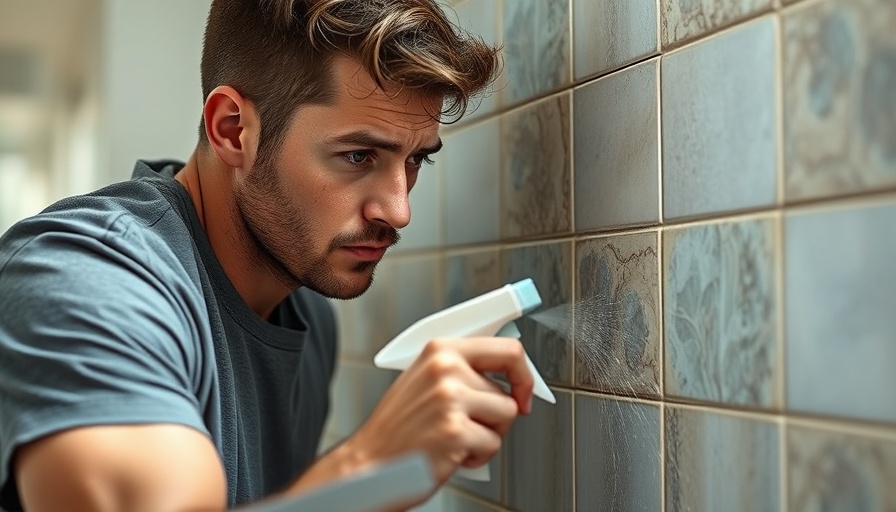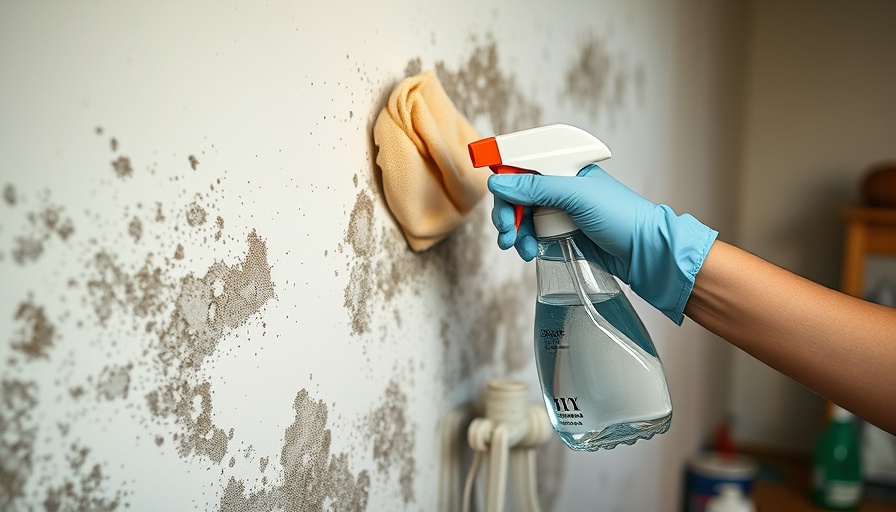
The Importance of Mold Remediation in Portland
For homeowners, renters, and landlords in Portland, the rainy and humid climate creates ideal conditions for mold to thrive. Knowing how to handle mold is paramount, as mold not only threatens the integrity of your home but also poses significant health risks. This guide will arm you with essential information on mold, appropriate remediation techniques, and tips for keeping your home mold-free.
What is Mold and Why Does it Grow?
Mold is a type of fungus made up of microscopic spores. These spores travel through the air and can quickly colonize areas with moisture and organic materials, such as wood or drywall. Portland's high humidity exacerbates the likelihood of mold growth, making it crucial for residents to understand what mold is and the conditions that promote its spread.
While not all mold species are hazardous, some, like black mold (Stachybotrys chartarum), can cause serious ailments, including respiratory issues, skin rashes, and allergies. It’s essential to identify the mold species primarily affecting your environment to ensure the most effective remediation strategies.
Recognizing Mold Infestation
The first step to effective mold remediation is identifying its presence. Homeowners should look for visible signs of mold, which can appear in diverse colors such as green, black, or white fuzz. Common areas for hidden mold include damp spots in corners, behind appliances, or under sinks. If musty odors permeate your space, consider it a warning sign of mold lurking nearby. Residents should remain vigilant for changes in health, as symptoms like sneezing, coughing, or fatigue could signal mold allergies.
Gathering Your Supplies for DIY Mold Removal
Before embarking on a DIY mold remediation mission, gather all necessary supplies to ensure safety and efficacy. Critical items include personal protective equipment (PPE) like gloves and N95 respirator masks, cleaning solutions such as bleach or vinegar, scrub brushes, and HEPA vacuums for thorough cleanup. Remember, personal safety should always come first.
Step-by-Step Mold Remediation Process
1. Assessment and Identification: Confirm the extent of the mold problem by inspecting all accessible areas. Consider moisture detectors or mold testing kits if necessary.
2. Containment: Use plastic sheeting to create barriers around affected areas, preventing mold spores from spreading during cleanup. Employ negative air pressure systems to safeguard against airborne spores.
3. Mold Removal: Remove visible mold from hard surfaces with anti-microbial treatments and HEPA vacuums. For more porous materials, like drywall or carpet, replacement may be necessary.
4. Cleaning: Wash and sanitize all areas. Ensure to eliminate any remaining spores and prevent their re-growth.
5. Drying: Utilize dehumidifiers and air movers to thoroughly dry out the contaminated areas. Moisture control is vital to discourage future mold development.
6. Repairs and Restoration: Rebuild any damaged areas with mold-resistant materials, ensuring your home is not only mold-free but also structurally sound.
7. Prevention: Post-remediation takes proactive measures to ensure mold returns. Regular inspections, moisture control, and proper ventilation are key.
How to Handle Larger Mold Problems
While small infestations can often be managed DIY style, significant issues—particularly those involving black mold—require the expertise of professionals. Mold remediation specialists have experience diagnosing and treating mold problems effectively. This may include advanced treatments and equipment that are not readily available for DIY enthusiasts.
Health Risks Associated with Mold Exposure
Ignoring mold problems can lead to serious health issues. Individuals with pre-existing respiratory issues may experience heightened symptoms while others may develop allergies or respiratory diseases. Some molds are even known to produce mycotoxins which can lead to harmful health effects after prolonged exposure. Maintaining a mold-free environment is crucial, not only for the sake of your home but also for overall health and wellness.
Conclusion
Understanding mold remediation is essential for any Portland resident concerned about the health risks and structural issues mold can pose. With the effective techniques provided in this guide, you can tackle mold infestations head-on, ensuring your home remains a safe and healthy environment for everyone. Don't let mold take over—take proactive steps today!
 Add Row
Add Row  Add
Add 




 Add Row
Add Row  Add
Add 

Write A Comment